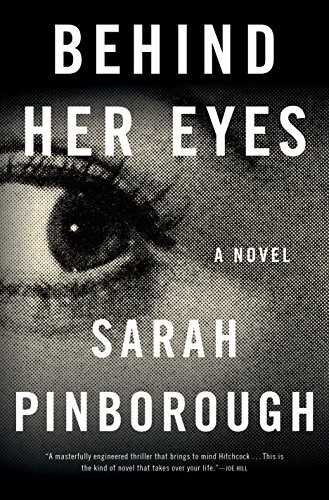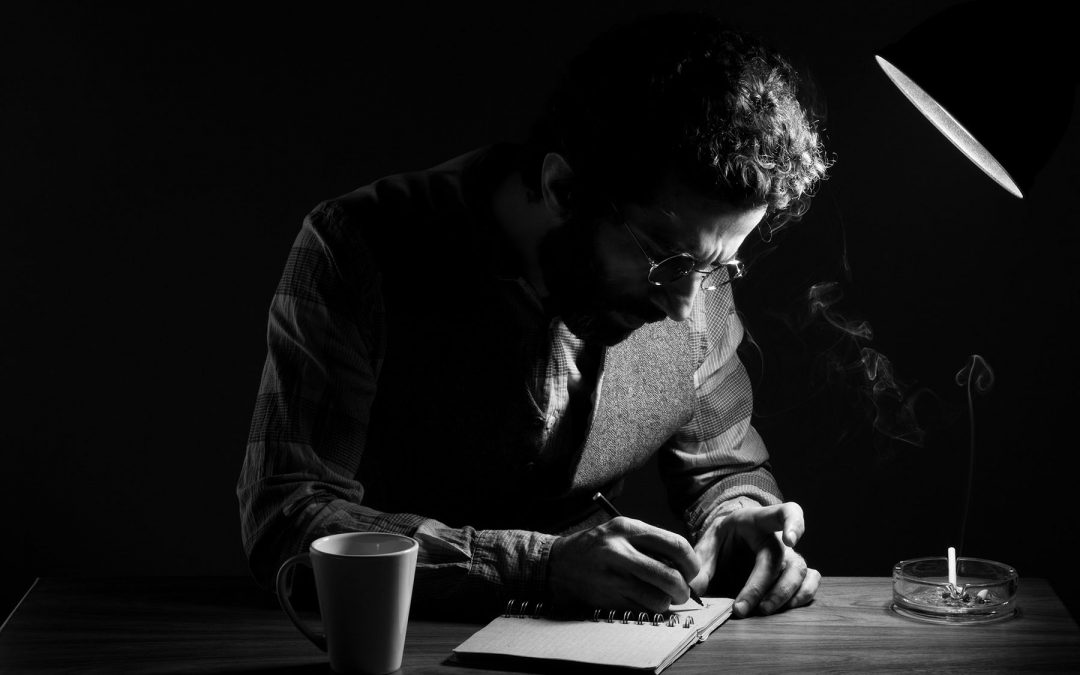
by TamasGaram | Sep 11, 2021 | Posts
All of us know people with little “book knowledge” who are nonetheless sharp and insightful. “Fluid intelligence” is that ability to solve problems, understand things and detect meaningful patterns. Of course, you can read little or nothing at all and still be brilliant at “reading between the lines” of a conversation.
But in today’s world, fluid intelligence and reading generally go hand in hand.
In fact, the increased emphasis on critical reading and writing skills in schools may partly explain why students perform, on average, about 20 points higher on IQ tests than in the early 20th century.
The so-called Flynn effect is named after James Flynn. A New Zealand professor who has devoted much of his career to studying the worldwide phenomena of increasing IQ scores. But if reading can increase fluid intelligence, the converse is also true: increased fluid intelligence also improves reading comprehension, according to studies by Jason Chein of Temple University in Philadelphia.
He used “working memory” tasks that train people’s ability to juggle and continually update multiple items of attention – to keep track of a moving dot, for instance, and recognise when it lands on a spot it occupied two, three or more moves ago.
In papers published in scientific journals in 2010 and 2011, he showed that as both younger and older adults improved their performance on working-memory tasks, they were better able to comprehend reading materials.
Check out for more interesting
information on this website:
https://www.theguardian.com/books/2014/jan/23/can-reading-make-you-smarter

by TamasGaram | Jun 28, 2021 | Posts
“Behind Her Eyes is about the dark side of love. About trying to figure out who the other person is behind the passion, the beauty, the words. For which one of us is always honest about everything to everyone? Especially to the one she loves most?” Sarah Pinborough.
In this book, nothing is what it seems.
The young secretary, Louise, may be meeting the man of her life in a bar, but the kiss turns out to be premature, especially when, at work on Monday, she meets her new boss, David, who is, of course, none other than the man in the bar. And, of course, he has a wife.
What happens afterwards is anything but predictable. However hard the reader is trying to think ahead, sooner or later they realise that in this apparently ordinary love triangle, nothing is in fact ordinary. To no avail may we warn them not to warm towards any of the characters, they would be unable to resist. Until, at some point, when you’re most concerned about someone’s lot, you realise that’s not the person you should have been worried about.
The plot is narrated from alternate viewpoints by Adele (who is the wife of the psychiatrist, David) and Louise, who meets David on a night on the tiles, these two fall for each other (though nothing happens other than kissing), but at work on Monday it turns out that the man is her new boss. I was a little annoyed about the stereotyping and I rolled my eyes but I got over it anyhow, even though it’s a pretty common solution, I don’t read such things very often, so I’m okay with it.
Adele and David, the wealthy middle-class couple who just moved to London, live in a strange relationship. Adele is the bored wife who has as much to do as to be nice and fit, keep the house in order and make sure there’s always good food on the table. She doesn’t work, no need to do so, nor does she really want to do so, but her husband wouldn’t let her do so, either. David is a successful psychiatrist who starts working at a private clinic in London, but behaves in a rather repressive way with his wife, so we soon find him suspicious. Adele isn’t allowed to go anywhere without David’s knowledge and permission, if he calls, she has to be at home and pick up the (landline) phone, and she isn’t allowed to handle money at all, except what she gets from David for the kitchen and as pocket money. Their marriage has turned cold, they don’t talk, they don’t have a sex life, they sleep in separate rooms, and David is continuously drunk to endure the marriage, which is a stone around his neck.
Louise is a single mother who works part-time as a receptionist at the private clinic where David practices psychiatry. She smokes a lot and drinks even more alcohol, but she loves her son, whom she tries to bring up well. Her relationship with her ex-husband, who helps her in whatever way he can, is relatively civilised. After her stumbling across David at the bar, they agree on this never to happen again (oh, the usual line, then, of course, it always happens again) and try to handle the situation normally (the usual self-deception). And then one day, Louise and Adele accidentally bump into each other, and things get complicated, because the two women become friends, of which David is obviously left unaware. It is already an extremely bizarre situation in itself if a man’s wife and lover become best friends… In the light of the conclusion, this feature becomes even more bizarre.
The fact that something is wrong is obvious from the beginning of the story.
The atmosphere remains very tense and alien all along. I felt that there was some really dark and sick secret in the background, but I totally miscalculated it, I was nowhere near the solution, even though my mind kept turning and I played out at least five different versions.
Adele sets herself up as the classic victim whom her husband controls, but it soon comes to light that she is not even certain to be victim. However, it would be very simple if, halfway through the book, Adele turned out to terrorise David, and, of course, the situation is a lot more complex than that.
Beyond the insoluble mystery, there is a very original and exciting mystical thread that spices the mood and gives the reader a little added thrill. All I can tell you is that it has to do with nightmares, and it provides a really an ingenious solution. I had read a lot about the phenomenon before, and I was thrilled by it even then. I like mystic things very much, so if there is a supernatural phenomenon in a book (written to a very high standard, of course), then it is half the battle won for me.
Pieces of Adele and David’s past are revealed to us in the journal records of an old friend of Adele’s, Rob, who had stayed in the same sanatorium Adele stayed in for a while after Adele’s parents had lost their lives in a fire. This diary will play a significant role further on in the story, as will dreams, but not at all in the way the reader would expect.
Apart from the beginning, this is a really tricky book with a brisk pace, and when I had started to put things together, there was a huge twist that I had been familiar with a few pages earlier, but I had never seen it before. However, the second, really huge twist absolutely stunned me. Nothing really is in this story what it seems, and the title of the book is very appropriate, and after we read it, it becomes perfectly clear what it refers to. As I usually solve about two-thirds of the mysteries in the books I read (I’ve figured out all of Agatha Christie’s killers so far), it was refreshing for me to be unable to figure out what would happen.
I was a little confused by the style as I would have been happier with a little more sophisticated wording, but other than that, I loved this book. I highly recommend it for those of you who love truly clever, mystical psychothrillers, it was mind-boggling reading, and it still haunts me.

by TamasGaram | May 20, 2021 | Posts
Two steps forward, one step backward.
As our protagonist and the plot proceed towards the conclusion, many writers fall into the trap of no longer creating obstacles to the protagonist in their haste, due to impatience, or simply in their lack of experience. Thus, it proceeds in a foolish, straightforward and predictable way towards its goal. The power of the story’s conclusion decreases since the reader feels that the character has actually reached their destination “smoothly”.
We need to get our hero to the finish the way the seasoned boxers win a fight. They do not overrun their opponent because then they would immediately reveal their intentions, but they tire the opponent out with persistent and smart work, distract them and knock them out at the opportune moment. How do they do that? During the fight, they take two steps forward and when a blow in response might come, they take one step back. But they attack as soon as they get the chance, and then they push their opponent back two steps, and then take one step back. This way, a constantly fluctuating struggle develops; yet, the more sophisticated boxer is in control without his opponent noticing.






Recent Comments